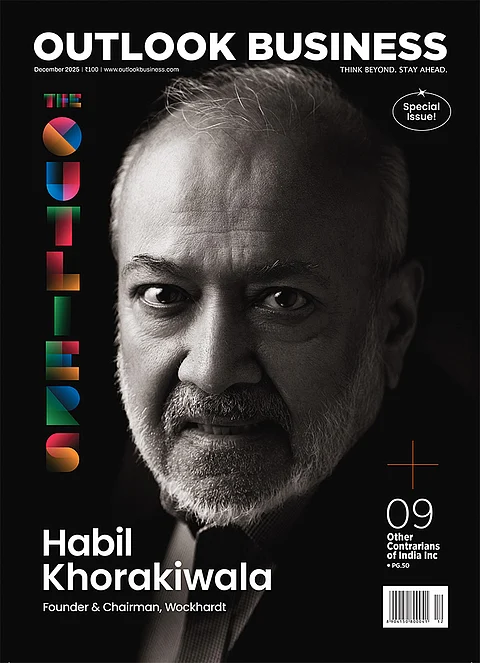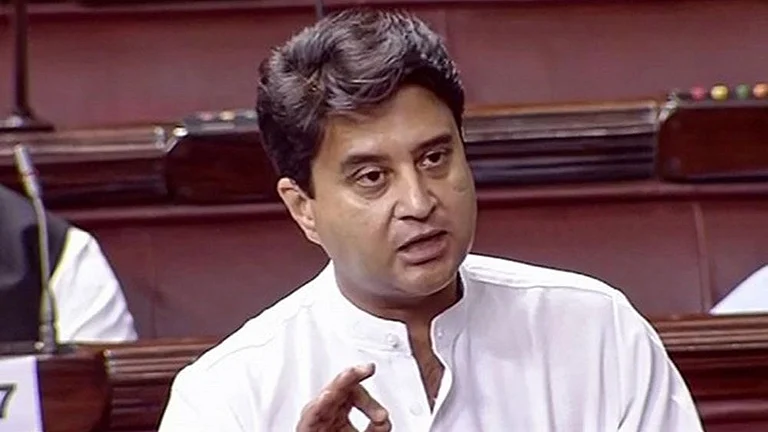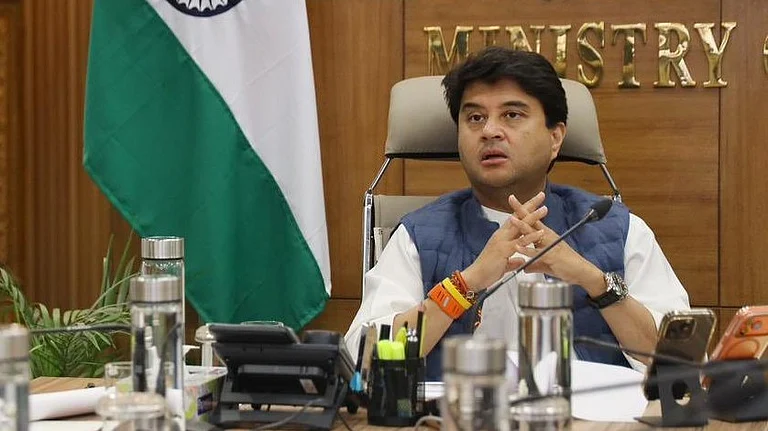Artificial Intelligence (AI) is enabling unmatched agility and precision but its deployment must be guided by ethical considerations and robust regulatory framework, Communications Minister Jyotiraditya Scindia said on Monday.
Speaking at the ITU WTSA event, the Minister asserted that governance of AI and Internet of Things (IoT) cannot be an "afterthought" and added that concerns of privacy and bias must be addressed to ensure that these technologies serve as a "force for good."
"... We must address concerns of privacy, of bias and of transparency, ensuring that these technologies serve as a force for good," Scindia said.
AI is reshaping contours of how information is stored and processed, the Minister said, adding it is enabling companies and individuals by unlocking unparalleled agility, precision and scalability.
The Minister emphasised that the digital landscape and tech deployment therefore must be "guided by ethical considerations and robust regulatory framework".
The relentless tide of innovation is weaving new patterns in the fabric of every economy and society, he said and stressed that it is everyone's collective duty to ensure the decisions taken today are rooted in collaboration and foresight, and become the bedrock for the next digital wave.
"The wonders of 5G, the brilliance of AI and interconnected models of IoT are transforming industries, societies and manufacturing processes, and economies on a global scale. Yet their full potential can only be realised through a united approach..." Scindia said.
According to the Minister, international standards play a critical role in promoting innovation.
"It is through these shared foundations that groundbreaking technology like 5G, AI and cloud computing can truly flourish," Scindia said, describing standards as an "indispensable framework" that ensures interoperability, enhances security and fosters trust.
5G is not just about fast internet and low latency but is laying the groundwork for intelligent cities and infrastructure and all forms of innovation.
In India, 5G is expected to inject USD 450 billion into the economy by 2040.
India has rolled out 5G across the country in just 22 months, highlighting the transformative power of standardised innovation.
The Minister also spoke about the country's innovations on UPI, Aadhaar card system, digilocker and the India stack, as he underlined the importance of fostering social inclusion.
"We are poised at the edge of a new tech era... the dawn of 6G. And this is the gateway to the future where communications will become boundless and innovation will know no limits..." he said.
The Minister underscored the need for a comprehensive policy framework that addresses technical demand and socio economic implication of 6G. He stressed on the need for a regulatory environment that promotes inclusivity, equity and sustainability.
The choices made today, standards that are set and the collaborations that are fostered will define the technological landscape for current and future generations, the Minister pointed out.
Speaking at the occasion, International Telecommunication Union (ITU) Secretary-General, Doreen Bogdan-Martin noted that the rise of AI is partly why standards are in the spotlight.
"Standards are more than mere technical specifications," she said, emphasising its importance in innovation and interoperability and for ensuring AI and technology are deployed in a safe manner.
"On World Standards Day and everyday let us remember our shared digital future is yet to be written... Working together to place standards at heart of our efforts, let's ensure it is trustworthy, inclusive and beneficial to all of humanity," she said.





























